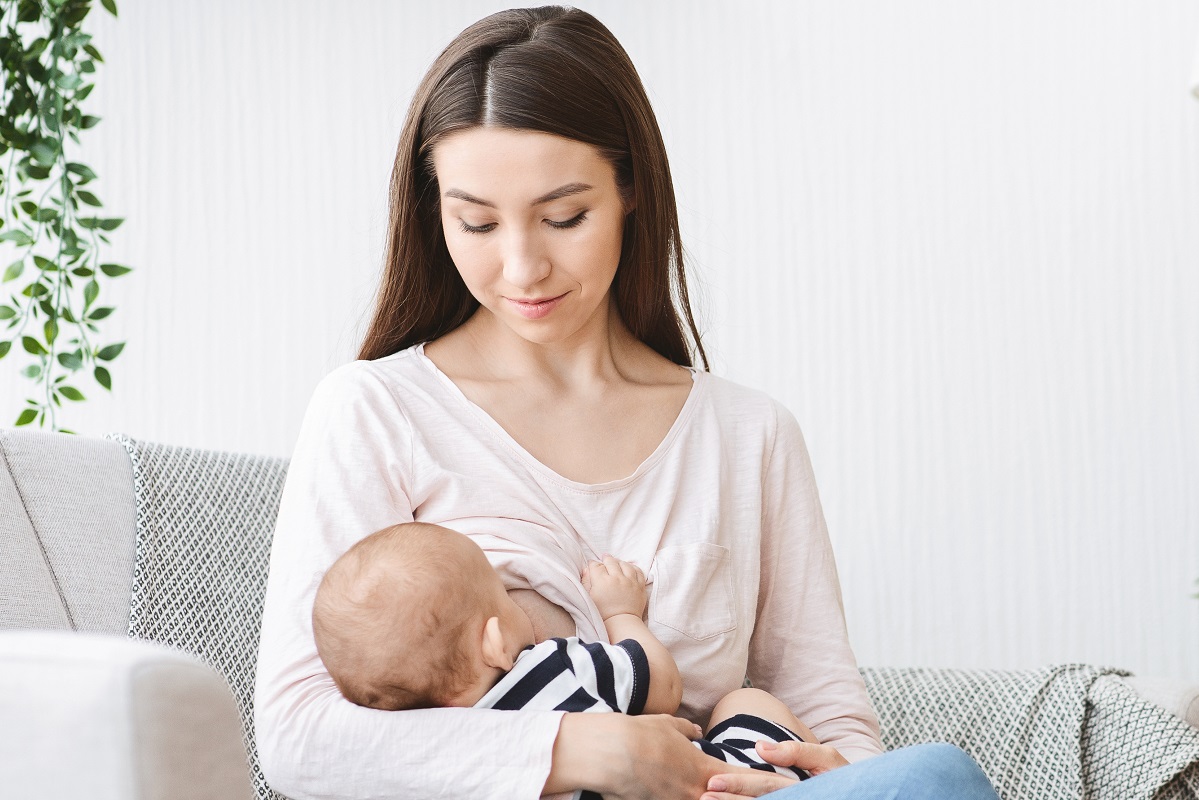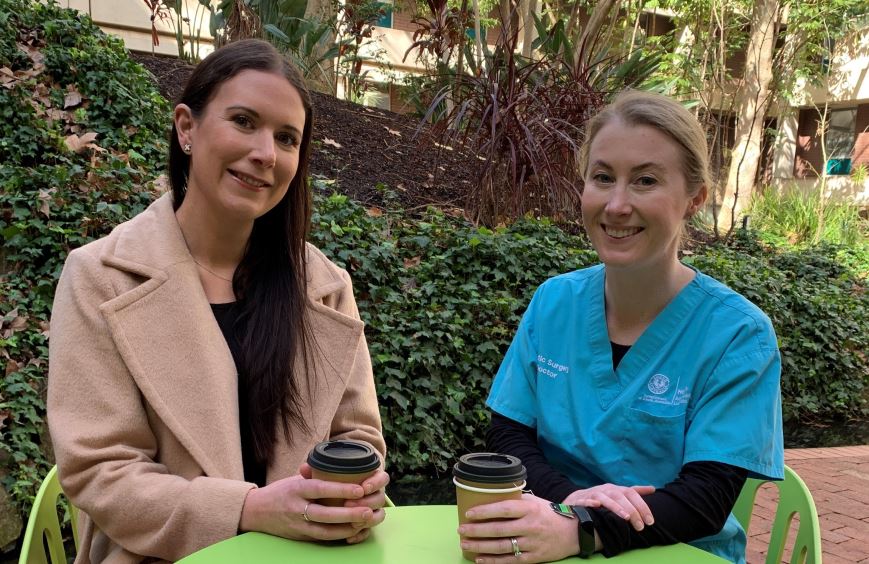
The lives of women in Australia affected by stomach muscle separation due to pregnancy could be vastly improved, thanks to a pioneering study into this common condition.
The Flinders University study is looking at the impact of the condition known as rectus diastasis, and the benefits of surgery to repair the muscles, known as abdominoplasty.
Rectus diastasis affects millions of women around the world, causing their stomach muscles to weaken and separate during and after pregnancy.
The condition can cause pelvic, hip and lower back pain, urinary incontinence, poor posture and difficulty lifting items. It can also take its toll on mental wellbeing as affected women can develop a negative body image.
Around one in three women will develop rectus diastasis within a year of giving birth, and while some respond well to physiotherapy, the women involved in the study have all previously tried and failed physiotherapy, leaving them with limited treatment options.
More than 500 women across Australia’s public and private health system are taking part in the study, led by Southern Adelaide Local Health Network (SALHN) Plastic Surgery Research Registrar, and Flinders University Medicine and Public Health PhD Candidate Dr Siobhan Fitzpatrick.

The study, “Repairing the Gap: the impact of post-partum rectus diastasis on women’s quality of life”, is being conducted alongside a further study led by Dr Fitzpatrick, which looks at the prevalence of this condition specifically in first-time mothers. It involves more than 200 woman who gave birth at Flinders Medical Centre.
The results of these studies could be used to raise the profile of this condition and lead to increased access to corrective surgery.
Both studies are supported by SALHN Head of Plastic & Reconstructive Surgery Unit, Associate Professor Nicola Dean, who led the successful re-introduction of abdominoplasty for post-partum rectus diastasis to the Medicare Benefit Scheme (MBS) in July 2022.
SALHN CEO Kerrie Freeman says SALHN supports a culture of research and innovation. “It gives me great pride to see studies such as this led by SALHN clinicians,” she says.
“This is one of many examples of benefits from our close partnership with Flinders University, and we thank them for their role in fostering and facilitating important research projects that benefit the community.”
SALHN Research Registrar, Dr Siobhan Fitzpatrick, says rectus diastasis is a condition that affects potentially millions of mothers.
“This research aims to define rectus diastasis as a medical condition, assess its impact on quality of life and determine if surgery is valuable, functional and not just cosmetic, and cost effective.
“My hope is that these studies will recognise the impact the condition has on people’s life and improve access to surgery for those who need it.”
Associate Professor Dean, SALHN Head of Plastic and Reconstructive Surgery Unit, says this condition affects up to one-third of women who give birth.
“Understanding the impact that it has on people’s lives will help to identify the best way to treat and manage the condition and ultimately improve their quality of life.”
Flinders University Professor of Women’s Health and Midwifery Research Annette Briley says “this is an important and under-researched area, with no formal RANZCOG, RCOG or IOM guidelines regarding management of this condition. High-quality evidence will enable women to make informed decisions about their care and health outcomes, which is essential for physical and psychological wellbeing. These studies will provide much-needed information to facilitate this.”
Surgical patient Amber Heitmann says “after having two rather large babies, the first in October 2017 and my second in June 2020, I developed stomach muscle separation. It had a huge impact on my daily life as I juggled taking care of my children while suffering excruciating and constant back pain. Aside from the pain, I also developed body image problems as my stomach stuck out – something I struggled with.
“I tried physiotherapy and various fitness programs in a bid to improve my stomach muscles, but nothing worked.”
Searching for options, Ms Heitmann discovered a Facebook group of mothers experiencing the same condition and physical and mental issues.
“I saw a post by Dr Fitzpatrick who was looking for mothers to take part in her study on rectus diastasis, and that was the glimmer of hope so many of us had been waiting for.
“I joined the study without any hesitation and shared my experience, hopeful that it may lead to changes that will help other mothers in the future.”
Ms Heigmann had surgery in April this year and is already seeing benefits with reduced back pain and a flatter tummy.
“I look forward to hearing about the results of the study and the positive impact it may have for mothers suffering with this condition in the future.”
For more information contact siobhan.fitzpatrick@flinders.edu.au, or the website: https://abdomicare.org/contact

